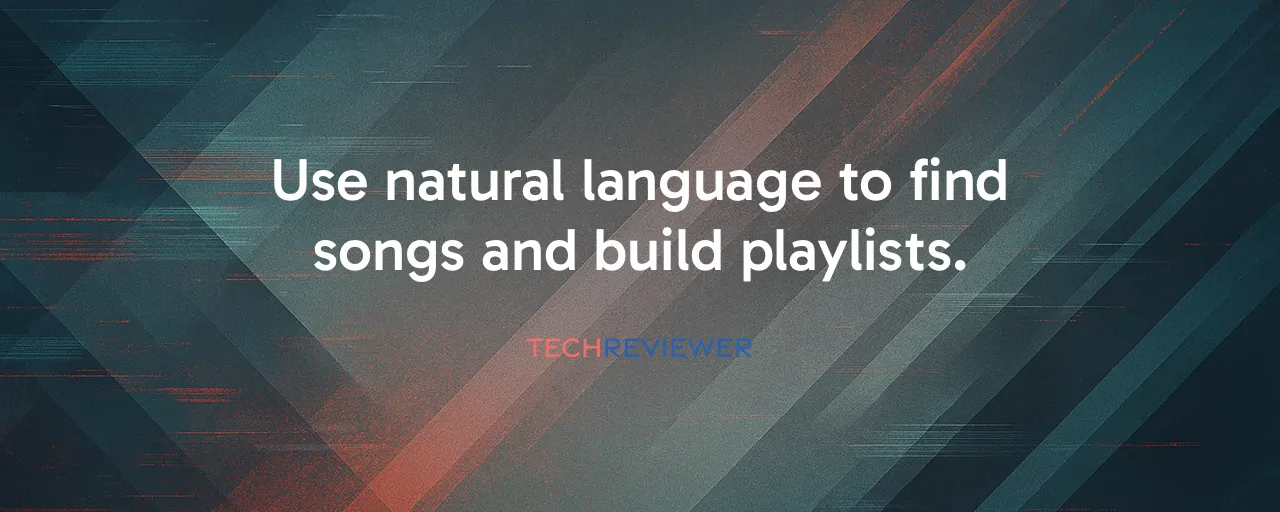Talking Your Way to the Perfect Song
Ever struggled to recall a song's name, knowing only a snippet of lyrics or that it played during a movie's big scene? Amazon Music's Alexa+, now available in early access, solves that with a conversational twist. Users can now chat with the app as they would with a friend, asking things like, "What's that song from The Sopranos' opening credits?" or "Find me 2010s hits to keep me moving fast, starting with Nicki Minaj."
The experience centers on dialogue. Early users report exploring songs three times more often than with the original Alexa, diving into artist influences or song meanings with ease. The feature, available to over a million early access users, feels like having a music-savvy buddy who gets your vibe.
A New Spin on Playlist Creation
Creating playlists used to mean picking genres or moods, but Alexa+ takes it further. You can ask for something as specific as, "Make a playlist that'll impress my 13-year-old daughter without seeming like I'm trying too hard." The AI digs into your request, blending era, style, and social context to deliver a tailored mix.
Data shows users seeking recommendations listen to nearly 70% more music with Alexa+ compared to the older version. This leap comes from the AI's ability to understand nuanced requests and build playlists that feel personal, not just algorithmically predictable.
Amazon vs. Spotify: A Tale of Two AIs
Amazon isn't alone in this space. Spotify's October 2025 integration with ChatGPT lets users generate playlists via natural language prompts. While Spotify leans on OpenAI's tech and its vast user data to fine-tune recommendations, Amazon Music's Alexa+ benefits from tight integration with its ecosystem, including smart home devices and shopping features.
Both approaches shine, but they differ. Spotify's strength lies in its decade of listener data, potentially sharpening its recommendations. Amazon, however, offers a seamless voice experience across devices, making music discovery feel like part of a broader lifestyle. Spotify's feature excels for text-based prompts, while Alexa+ thrives in spoken, multi-turn conversations.
The Catch: Growing Pains and Privacy Questions
Not everything's perfect. Some early adopters report glitches, like Alexa+ misinterpreting commands or slowing down compared to the original Alexa. Others miss the reliability of older routines, with a few even switching back. These hiccups highlight the challenge of balancing advanced AI with real-time responsiveness on mobile devices.
Privacy is another concern. Continuous voice data collection for personalization raises questions about how long Amazon keeps these inputs and whether users can opt out. While the company emphasizes data security, transparency about voice retention policies could ease user worries.
What This Means for Music's Future
Alexa+ signals a shift in how we find and enjoy music. It's not just about searching faster; it's about exploring with less effort, especially for those who struggle with traditional interfaces. Users with accessibility needs, for instance, may find voice-driven discovery a game-changer, though reliability must improve to fully deliver on that promise.
The broader impact could reshape the music streaming market, worth $52 billion in 2025 and projected to hit $252.6 billion by 2037. As Amazon and Spotify push conversational AI, competitors like Apple Music and YouTube Music will likely follow, making natural dialogue a standard for finding your next favorite song.
